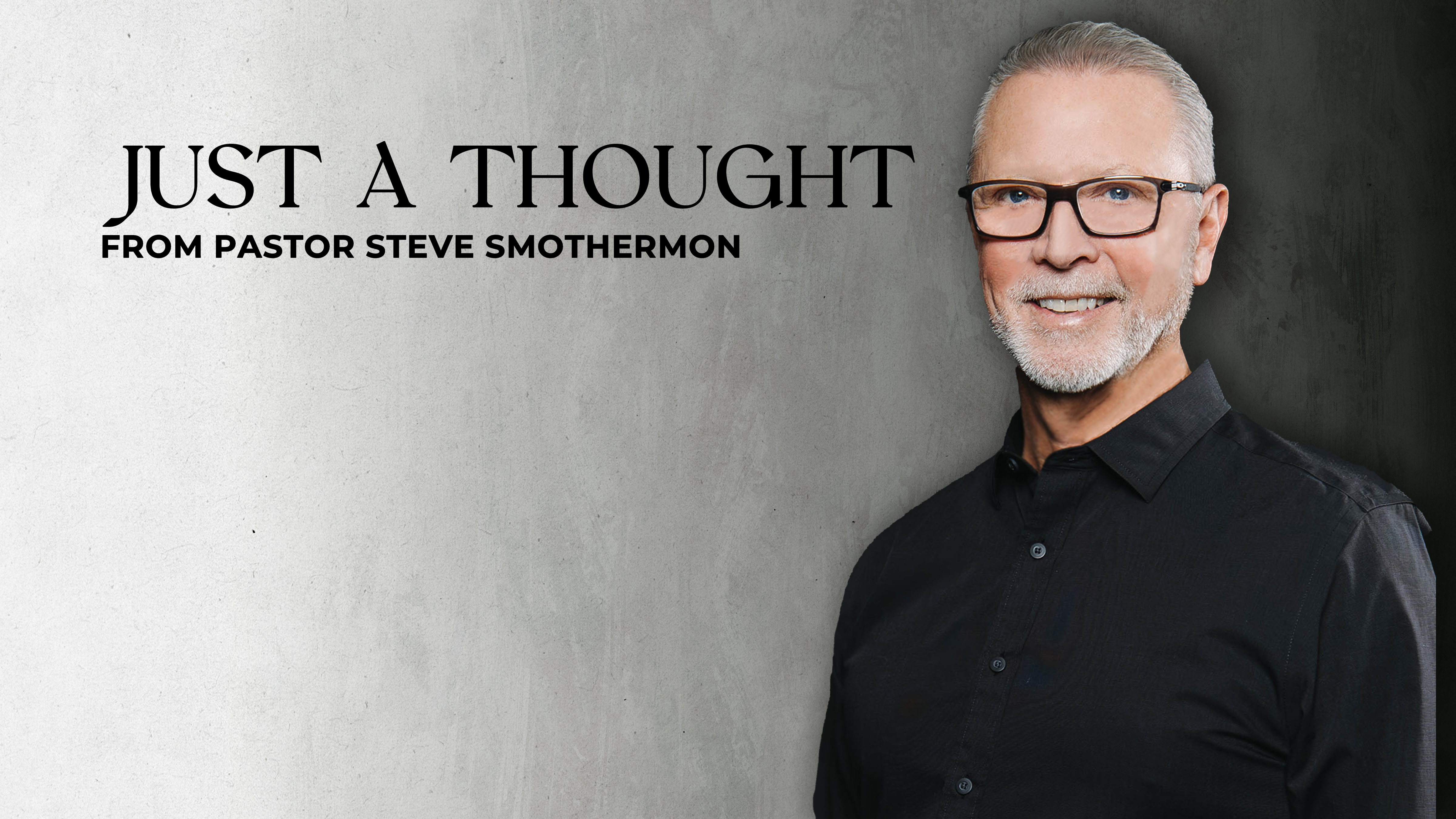Subscribe To Pastor Steve's Weekly Just A Thought
Grief, Part 2
The concept of grief is often described through various stages, providing a framework for understanding the complex emotions and reactions that follow loss. While the stages are not linear and may vary from person to person, they offer a valuable perspective.
Denial: This initial stage serves as a defense mechanism, often buffering the immediate shock of the loss. In denial, individuals may find it hard to believe the loss has occurred, leading to a sense of numbness or disbelief. It's a temporary response that carries one through the first wave of pain.
Anger: As the masking effects of denial begin to wear off, the pain re-emerges. Here, the intense emotion is not always logical or reasonable, and it may be directed at inanimate objects, complete strangers, friends, family, or even the deceased. The anger may stem from feelings of abandonment, helplessness, or injustice associated with the loss.
Bargaining: In this stage, one may dwell on what could have been done to prevent the loss. Common thoughts might include "If only..." or "What if..." scenarios. This stage often involves a desperate attempt to regain control through a series of negotiations with a higher power in exchange for a reversion or mitigation of the loss.
Depression: As the reality of the loss fully sets in, individuals may retreat, isolate, and focus on the practical implications of the loss. Sadness and regret predominate this stage. It's a period of reflection where the true magnitude of the loss is recognized, often leading to feelings of loneliness and despair.
Acceptance: This stage is marked by coming to terms with the reality of the loss. Acceptance does not mean being okay with what happened, but rather acknowledging the reality and recognizing that life has to be restructured. In this stage, individuals begin adapting to life without the lost entity and start planning for a future as it now stands.
To navigate through these stages, it is important to recognize that grief is a deeply personal and unique experience. There's no right or wrong way to grieve. Accepting your feelings, seeking support from loved ones, and allowing yourself time to heal are crucial. Professional help, like therapy, can also provide guidance and coping strategies. Remember, moving through these stages is not a journey to be rushed —it's about finding a way to live with the changes brought about by loss, at your own pace.
Just a thought,
PSS
Published on Monday, November 20, 2023 @ 7:24 PM MDT

Latest Media
Check out our latest sermons, stream church service live or see other videos and podcasts.

